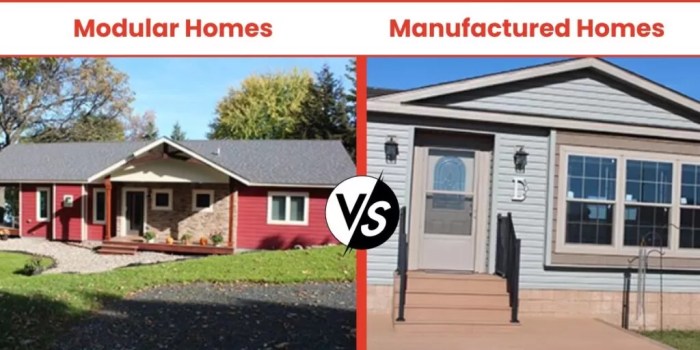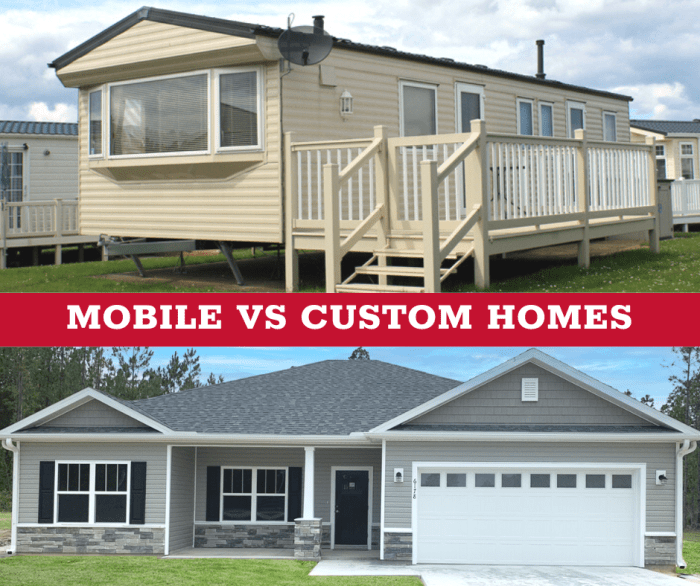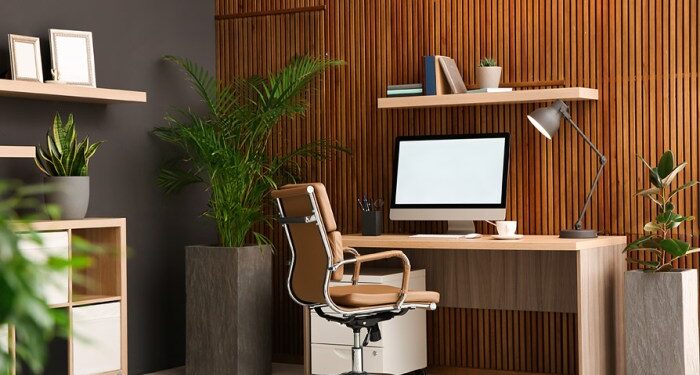Comparing custom built homes to modular homes provides valuable insights into the decision-making process when choosing the right type of home for your needs. This detailed analysis explores the various aspects of each housing option, shedding light on the benefits and considerations that come with each choice.
 When it comes to designing a custom-built home, the process typically involves working closely with architects and builders to create a unique and personalized living space. Homeowners have the freedom to choose the layout, materials, finishes, and overall design of their dream home.
When it comes to designing a custom-built home, the process typically involves working closely with architects and builders to create a unique and personalized living space. Homeowners have the freedom to choose the layout, materials, finishes, and overall design of their dream home.
 Custom-built homes and modular homes differ in terms of quality and durability due to various factors such as construction methods, materials used, and overall design. Let's explore these differences in more detail.
. This may include options such as solid wood for framing, premium insulation, and customized finishes. On the other hand, modular homes typically use standardized materials that are mass-produced in factory settings.
This can include materials like engineered wood for framing, which may not be as durable as solid wood in the long run.
Custom-built homes and modular homes differ in terms of quality and durability due to various factors such as construction methods, materials used, and overall design. Let's explore these differences in more detail.
. This may include options such as solid wood for framing, premium insulation, and customized finishes. On the other hand, modular homes typically use standardized materials that are mass-produced in factory settings.
This can include materials like engineered wood for framing, which may not be as durable as solid wood in the long run.
Custom Built Homes
 When it comes to designing a custom-built home, the process typically involves working closely with architects and builders to create a unique and personalized living space. Homeowners have the freedom to choose the layout, materials, finishes, and overall design of their dream home.
When it comes to designing a custom-built home, the process typically involves working closely with architects and builders to create a unique and personalized living space. Homeowners have the freedom to choose the layout, materials, finishes, and overall design of their dream home.
Benefits of Opting for a Custom Built Home
- Personalization: Custom-built homes allow homeowners to tailor every aspect of their home to suit their lifestyle and preferences.
- Quality: With custom-built homes, there is a greater focus on craftsmanship and attention to detail, leading to a higher-quality finished product.
- Uniqueness: Custom-built homes stand out as one-of-a-kind creations that reflect the homeowner's individuality and style.
Customization Options in Custom Built Homes
Custom-built homes offer a wide range of customization options, including:- Choice of floor plan and layout
- Selection of materials and finishes
- Customized features such as built-in storage, smart home technology, and energy-efficient systems
Cost Implications of Building a Custom Home vs. a Modular Home
While custom-built homes typically come with a higher price tag compared to modular homes, the cost can vary depending on the level of customization and finishes chosen. Homeowners should consider their budget and priorities when deciding between a custom-built home and a modular home.Modular Homes
Modular homes are constructed in sections or modules in a factory setting, then transported to the building site where they are assembled. This construction process differs from traditional custom-built homes, as modular homes are built in a controlled environment which ensures precision and quality.Advantages of Modular Homes
- Cost-effective: Modular homes are often more affordable than custom-built homes due to the efficiency of the construction process.
- Shorter construction time: Since modular homes are built simultaneously with site preparation, the overall building process is quicker.
- Quality control: The factory environment allows for strict quality control measures to be implemented, resulting in a higher quality end product.
Flexibility in Design and Layout
Modular homes offer a range of design options and floor plans to choose from. Homeowners can customize their modular home to suit their preferences, whether it's a traditional style or a more modern design. The flexibility in design allows for personalization while still benefiting from the efficiency of the modular construction process.Sustainability and Eco-Friendly Aspects
Modular homes are often considered more sustainable and eco-friendly than traditional custom-built homes. The controlled factory environment results in less waste during construction, and the materials used in modular homes are often environmentally friendly. Additionally, the energy efficiency of modular homes can lead to lower utility costs, making them a more sustainable choice in the long run.Quality and Durability
 Custom-built homes and modular homes differ in terms of quality and durability due to various factors such as construction methods, materials used, and overall design. Let's explore these differences in more detail.
Custom-built homes and modular homes differ in terms of quality and durability due to various factors such as construction methods, materials used, and overall design. Let's explore these differences in more detail.















